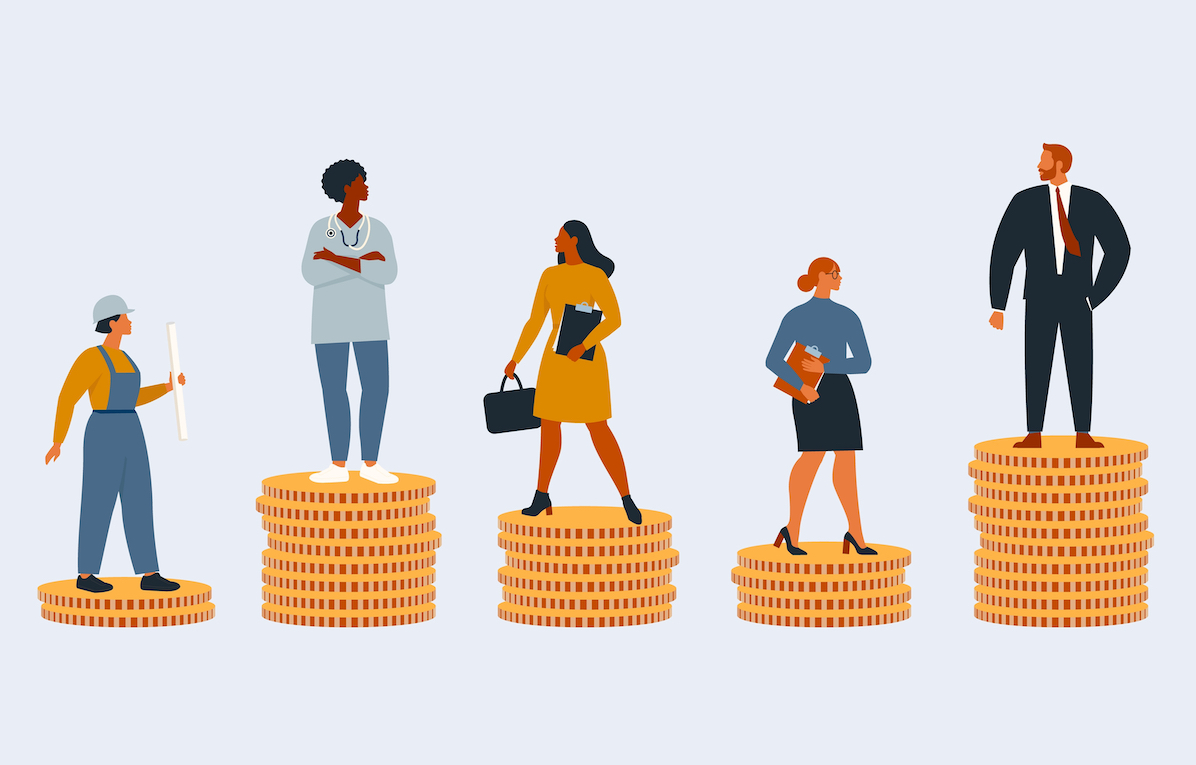Big business promises to tackle inequality, but activists are dubious
The article delves into the enduring challenge of global income inequality, revealing that a staggering 54% of the $127.5 trillion in new wealth generated between 2012 and 2022 has flowed to the world's wealthiest 1%. In stark contrast, a mere 0.7% of this wealth has reached the four billion people constituting half of the global population, primarily located in the Global South. The persistently widening wealth gap has prompted a response from over 30 major corporations, including BP, Nestle, HSBC Asset Management, and Philip Morris, forming the Business Commission to Tackle Inequality (BCTI).
Coordinated by the World Business Council for Sustainable Development (WBCSD), the BCTI, which includes members from civil society and business-related organizations, aims to combat inequality by presenting a comprehensive "agenda for business action." The commission's blueprint, detailed in a 131-page report, advocates for ten "catalytic actions" that, if universally adopted by businesses, could lay the groundwork for a more inclusive form of capitalism.
These proposed actions encompass commitments to make essential products and services more accessible and affordable, foster workplace diversity and equity, ensure safe working conditions, promote upskilling for future careers, and support effective public policies. Notably, this initiative marks the first time a group of companies has collectively addressed the systemic risks posed by inequality and proposed actionable steps to mitigate them.
Despite this effort, critics, exemplified by Oxfam, express skepticism about whether the BCTI blueprint adequately addresses the root causes of inequality. They point out the report's vagueness on issues such as share buy-back schemes and excessive executive pay, suggesting that the recommended measures may fall short of delivering substantive change. The article emphasizes the broader implications of inequality, noting its detrimental impact on economic growth and its role in hindering global efforts to address existential threats like climate change and biodiversity loss. Ultimately, it highlights the pressing need for transformative shifts in business practices to create a more equitable and sustainable economic system.
As a college student myself, I observe that wealthier students often have greater access to networking, mentorship, and internships, thereby increasing their prospects for future success. Conversely, students facing financial constraints may encounter difficulties in engaging with these opportunities, contributing to a cycle of restricted access to resources for career advancement. This can contribute to an uneven global workforce since people from affluent backgrounds may have more extensive professional networks and experiences, potentially reinforcing global workforce imbalances.
Word count: 397
Reference:
Balch, O. (2023, July 31). Brand Watch: Big business promises to tackle inequality, but activists are dubious. Reuters. https://www.reuters.com/sustainability/society-equity/brand-watch-big-business-promises-tackle-inequality-activists-are-dubious-2023-05-31/
Balc

Comments
Post a Comment